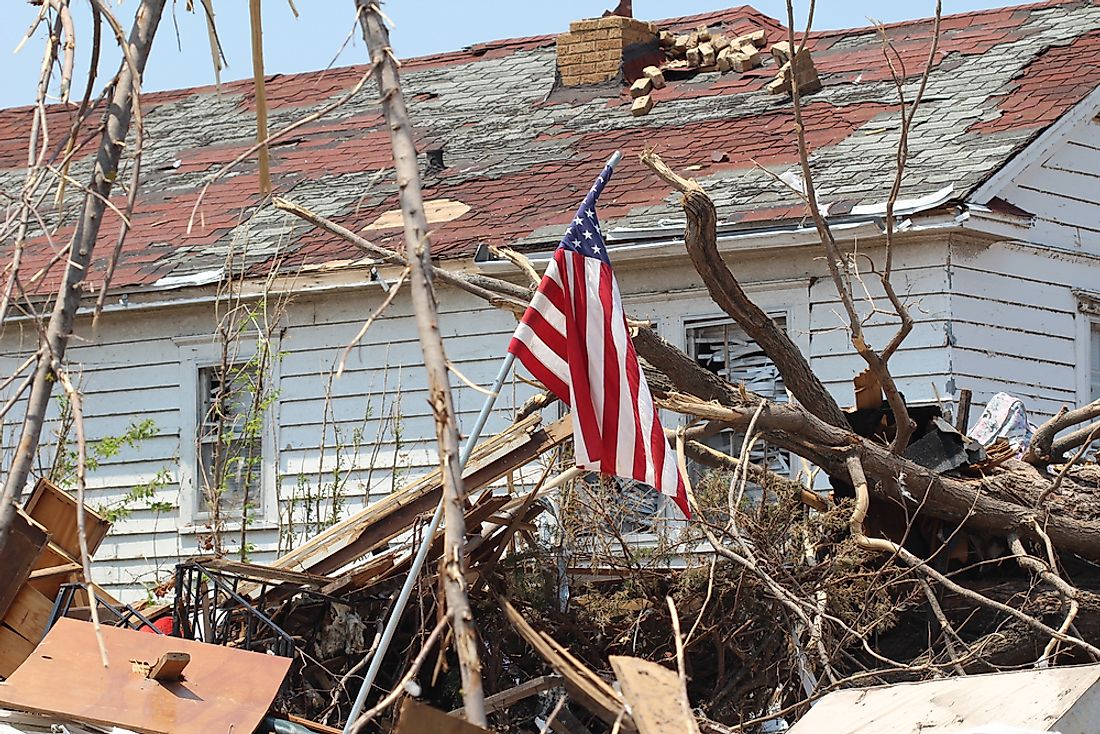What is A State of Emergency?

What is a State of Emergency?
A state of emergency is a legal government declaration made during times of national threat or disaster. It allows for the government to assume exceptional powers. In many countries, the executive arm of the government declares a state of emergency. Threats likely to cause a declaration of the state of emergency include armed action against the state (such as a coup d'etat), financial crisis, epidemics, natural disasters, or external attacks. During a state of emergency, the government has control over the lives of citizens in activities through implications such as the institution of curfews, evacuation of persons, search of private property without warrants, and travel bans.
International Law Regarding State of Emergency
International law, through the International Covenant on Civil and Political Rights in Article 4, lists something called non-derogable rights. The convention is binding to all country members of the UN. As such, the countries should inform the UN about the state of emergency, the reasons behind it, the date it starts, and the measures to be taken towards mitigating the state of emergency. Other international bodies with provisions on the state of emergencies include the European Convention on Human Rights, and the American Convention on Human Rights. The UN recommends adoption of certain principles in national legislation. These principles are to guide state action during emergency situations. Among the principles are communication of the declaration to the public and international bodies, and full compliance with international law.
State of Emergency and Human Rights
During a state of emergency, the likelihood of abuse of human rights is high. However, local and international human rights groups have identified fundamental non-derogable rights under any circumstance. Such rights include the right to life, freedom from torture and slavery, and the right to humane treatment, freedom of thought, conscience, and religion. In states of emergency, concerned parties should uphold the rights of minorities. The state should also accord humane treatment to its citizens during such situations.
Emergency Powers
A government has certain constitutional powers during a state of emergency which include the prohibition of public gatherings, drafting special non-compliance legislation for dealing with non-cooperative persons, confiscation, and destruction of private property, a search of private premises without prior warrant and evacuation of persons.
Abuse of Emergency Powers
The misuse of emergency powers by parties involved in mitigating threats is high during emergency situations. For this reason, the arms of government and external bodies have a role to play to ensure officials do not abuse these powers. The legislature has the mandate to review the emergency situation at regular intervals to ensure no violation of legal frameworks has taken place. The judiciary should make sure fair trials for all individuals besides evaluating the legality of the declaration of a state of emergency. The state should collaborate with its citizens in solving the problems affecting the country during the crisis. The international community has an obligation to work within their legal boundaries to assist the state in dealing with the critical conditions while ensuring the respect of fundamental rights and freedoms.
Recent States of Emergency
Some recent events in various countries have prompted the declaration of a state of emergency. Louisiana declared a state of emergency on February 17th, 2017 after the tornado east of New Orleans. The November 2015 Paris attacks led to the declaration of a state of emergency in France.







